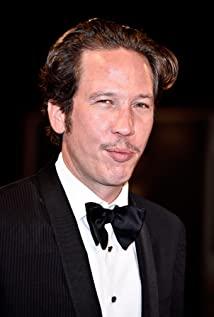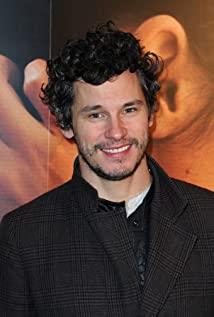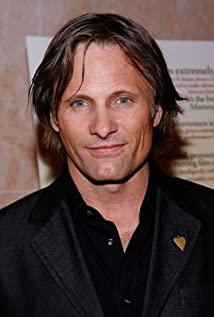This film is adapted from "The Guest" in Albert Camus' collection of short stories "Exile and the Kingdom". This Chinese translation of the name has lost the original meaning of French as a pun. The French name is "L'Hôte". It has the meaning of both a guest and a host. In Algeria, Dalu, who will be a French, should be a guest and become a host in Algeria, and should be an Arab host. This relationship of people becoming guests is a precise summary.
Camus is a representative of the "philosophy of absurdity". Once people realize that the world is full of unknowns and uncertainties, they will have a sense of absurdity. How to face absurdity? Camus pointed out three ways: 1. Physical suicide; 2. Philosophical suicide; 3. Resistance. The first two are the survival attitude rejected by Camus, and what he advocates is resistance. Just like Dalu, who has experienced war for a long time in the film, he resists this barren and ignorant land three quarters of which is full of stones by passing on knowledge and redeeming the Arabs. He resisted the war and collapsed because he had no choice but to kill a person. It is a crime to kill the general who surrendered to the rebels...and like the Arab who killed his own cousin, in this land full of hunger and death, he resolutely defended his right to life...Although, this absurd world has never been and will never last. Will not give them the slightest response.
The film differs from the original work in a key plot. In the film, the Arabs finally chose the "Road to Freedom", while the original book went to the "Road to Death". Although choosing the "Road to Freedom" is also a kind of resistance, this kind of resistance will bring troubles to the Arabs and Daru. It is a superficial or even selfish resistance; and choosing the "Road to Death" seems to be a compromise. In fact, it is a self-sacrificing resistance for the collective benefit. It is a noble and superego resistance. I personally think that the latter kind of resistance is more deeply rooted in the hearts of the people.
However, the benevolent sees the benevolent and the wise sees the wisdom, this does not affect the philosophical expression of the whole film, it is still a superior work.
Finally, I use a passage from Camus that I like very much as the end of the film review:
"Resistance is one of the basic aspects of human existence. This is our reality. Unless we escape reality, we should find our value in resistance"-Camus
View more about Far from Men reviews











